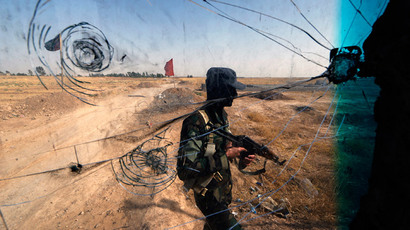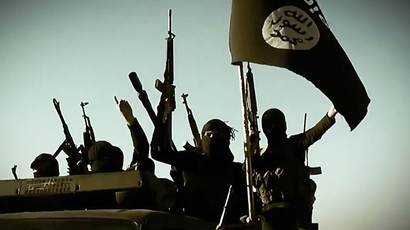‘Extremism prevention’: Austria to amend century-old law on Islam
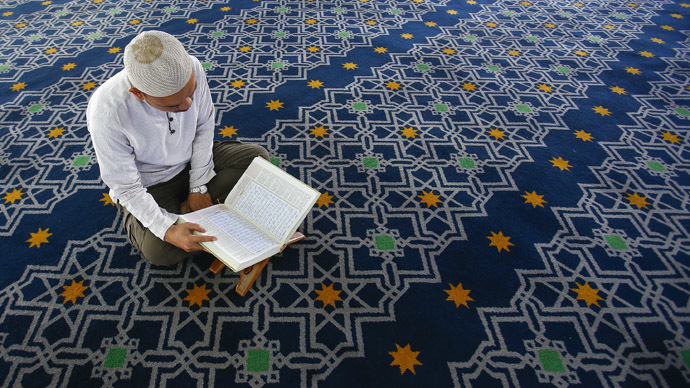
Fear of extremism has led to Austria having drafted amendments to a 102-year-old law on Islam. Muslim organizations are to be banned from being financed from abroad, while the Koran is to get a unified German-language translation.
The amendments have already been criticized for singling out
Islam, which has so far existed in Austria on equal terms with
other religions like Catholicism, Lutheranism, Judaism and
Buddhism.
Chancellery Minister Josef Mayer said that the new regulations
were very carefully drafted based on discussions with the
country’s Muslim community and that the changes to the 1912 law
on Islam were needed as “a lot has changed” since it was adopted,
according to Austria Press Agency.
Foreign Affairs and Integration Minister Sebastian Kurz was more
specific on the purpose of updating the law on Islam.
"If you don't have orderly legal regulation... this can
always bring dangers. In this sense, if you like this is maybe a
part of prevention," he told reporters, as cited by Reuters.
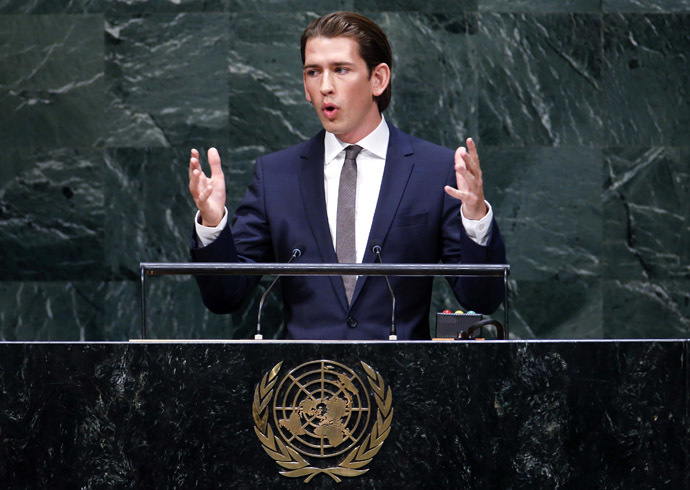
The amendments to the law are being worked out amid Austrians
growing increasingly worried over reports of around 140 Austrians
fighting alongside jihadist groups in Iraq and Syria. Austria’s
counter-terrorism body also warned in August that Vienna was
“attracting foreign fighters from all over Europe,”
being a convenient stop on their way to Syria.
The fear of extremist groups could be the reason Austria has
witnessed right-wing Freedom Party (FPÖ) rising in popularity. An
August opinion poll published by Der Standard showed the FPÖ had
support of 28 percent of the poll participants, more than any
other political party.
The new legislation on Islam will prohibit Austrian Imams from
being employed by foreign countries and Muslim organizations
obtaining finance from abroad.
That would outlaw the country’s 65 Imams currently employed by
Turkey - roughly a fifth of all of Imams in Austria.
One of the two official Muslim organizations in Austria has
already voiced its discontent.
"[The bill] mirrors in its overtone the spirit of the times
we currently perceive, which is marked by blanket suspicion and
mistrust against Muslims," said Carla Amina Baghajati,
spokeswoman of the Islamic Community of Faith in Austria (IGGIO).
Critics of the law point at it being unjust in creating unequal
conditions for different religions.
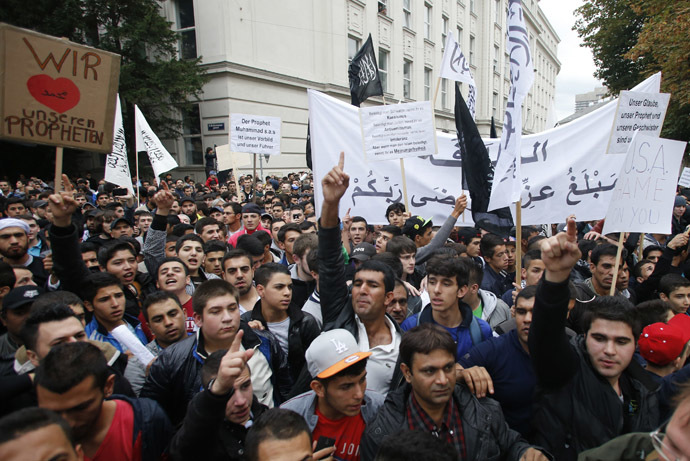
"It will create an impression as if Muslims are a potential
problem group,” Islam expert Thomas Schmid Inger told ORF.
“I would have liked it better if you had one law for all
religious communities and all religious communities in Austria
were really treated equally."
Another thing the new law demands is a standardized
German-language translations of the Koran. Austrian leadership
believes that’s not going to be a problem.
"Am I skeptical when I hear this is difficult or not easily
done? Fundamentally no," said Kurz, as cited by Reuters.
Meanwhile, representatives of the Muslim community argue that
coming up with a unified translation of the Koran is against
principles of the religion. The Arabic version of the Koran is
perceived as the word of Allah in Islam, and no translation of it
can be absolutely accurate.
That’s not the first legislative initiative in Austria inspired
by the rise of extremism in Iraq and Syria. Austrian authorities
announced in mid-September they were planning to ban
terrorist-related symbols, starting with the flag of the Islamic
State (IS, formerly ISIS or ISIL) extremist movement.













